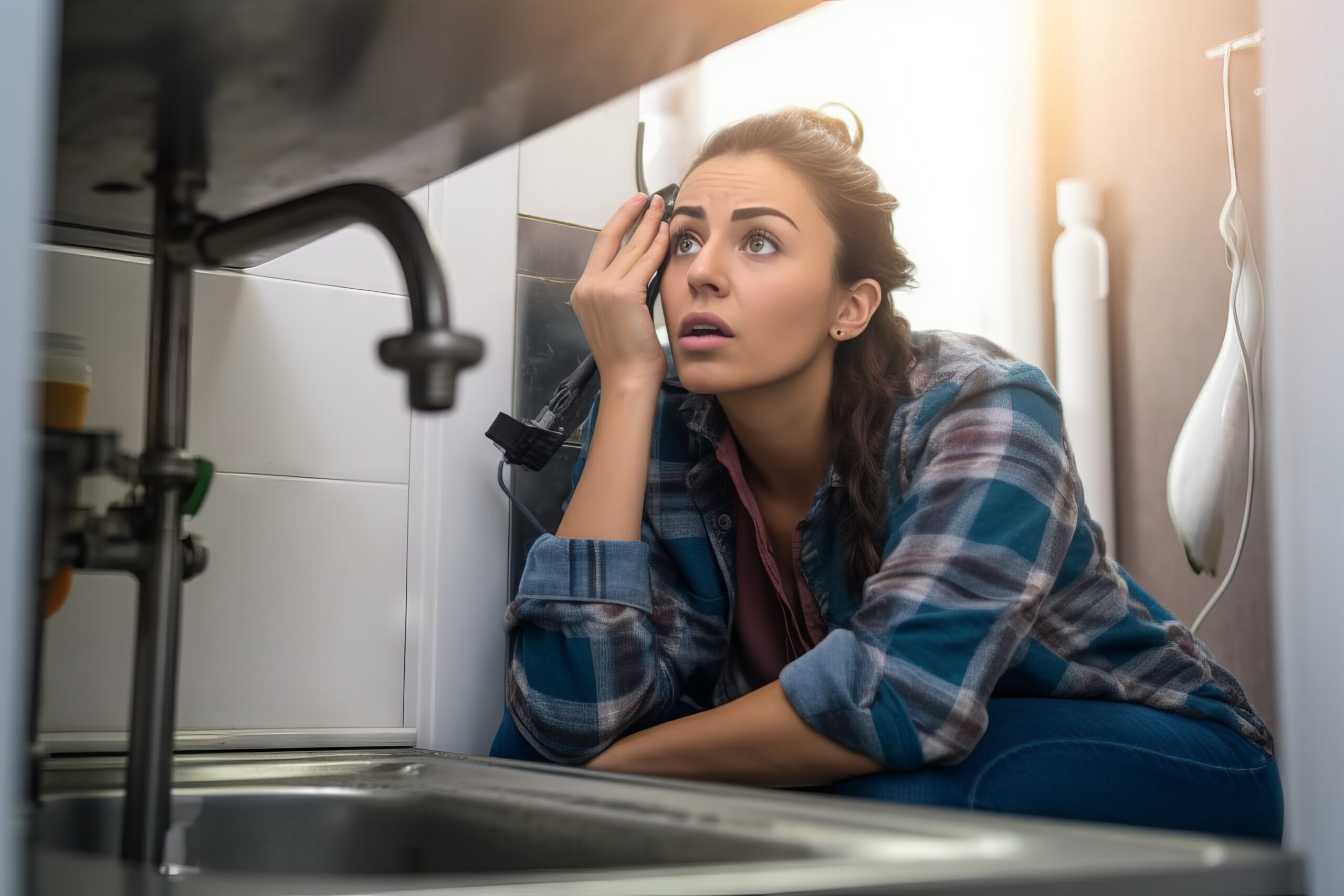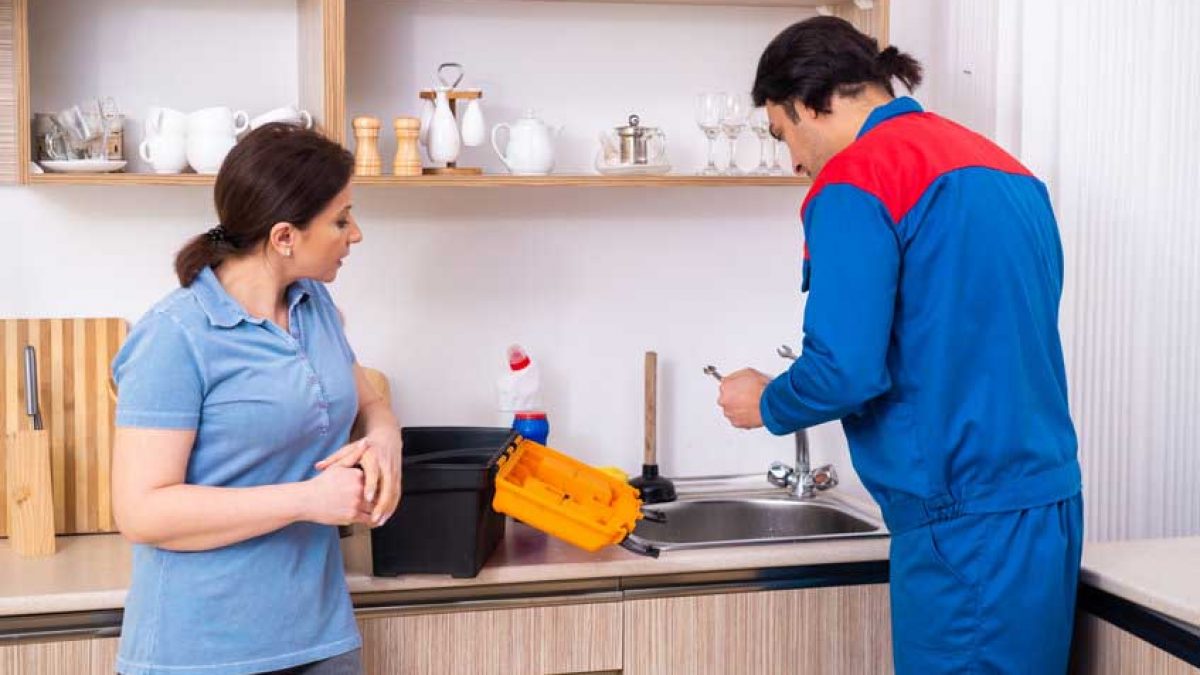Tips on How to Efficiently Handle Plumbing Issues in Older Homes
Tips on How to Efficiently Handle Plumbing Issues in Older Homes
Blog Article
We've unearthed this post relating to Main Plumbing Issues Found in Old Houses directly below on the web and thought it made good sense to share it with you on this site.

Older homes commonly include charm, character, and background, however they can likewise bring a host of pipes issues. Whether you're dealing with maturing pipes, low tide stress, or leaks, understanding exactly how to deal with these common problems is important to preserving a safe and useful home. In this guide, we'll explore the normal plumbing challenges encountered by older homes and give useful remedies to maintain your pipes in top form.
Recognizing Common Plumbing Concerns
Aging Pipes
Among one of the most usual problems in older homes is maturing pipes. Depending upon the age in which your home was constructed, the pipelines may be made from materials that have deteriorated in time, such as galvanized steel, cast iron, or perhaps lead. These materials can rust, become breakable, or create leakages, resulting in water damage and prospective health hazards.
Low Water Stress
If you're experiencing low tide stress, maybe due to mineral deposits, deterioration inside the pipelines, or old fixtures that are no more functioning efficiently. This can be a significant hassle, especially in locations like showers and sinks.
Leaking Pipelines
Leakages are an additional regular issue in older homes, typically brought on by rusty or damaged pipes. Even little leaks can cause significant water damage, mold and mildew growth, and boosted water bills if not attended to promptly.
Outdated Components
Obsolete plumbing components such as taps, toilets, and showerheads not only look old yet might likewise be less efficient, prone to leakages, or inappropriate with modern-day pipes criteria.
Pipeline Rust
Rust is a typical issue in older pipes, specifically those made from galvanized steel or cast iron. Corroded pipelines can restrict water flow, cause discoloration, and at some point cause leakages or pipe bursts.
Assessing the Condition of Your Pipes
Inspecting Noticeable Pipes
Start by checking any type of noticeable pipelines in your house, such as those in basements, crawl spaces, or under sinks. Look for indications of corrosion, leakages, or rust, which can show underlying issues.
Checking for Leaks
Check for leaks by checking locations around faucets, bathrooms, and under sinks. You can likewise check your water meter prior to and after a duration of no water make use of to discover surprise leakages.
Water Quality Testing
Older pipes can affect the quality of your water. Conduct a water top quality examination to check for pollutants such as lead, rust, or various other impurities that might be presented by maturing pipes.
Solutions for Usual Plumbing Concerns
Replacing Aging Pipelines
If your home has old, wearing away pipes, take into consideration replacing them with contemporary materials like copper or PEX. This can be a significant financial investment, yet it will certainly protect against future concerns and enhance the security and reliability of your plumbing system.
Dealing With Low Water Pressure
To fix low tide stress, begin by cleaning or replacing old components and getting rid of mineral buildup in the pipes. If the trouble persists, it might be necessary to replace areas of rusty pipes.
Repairing and Replacing Dripping Pipes
For little leakages, you can make use of pipeline clamps or epoxy putty as a temporary fix. Nevertheless, it's finest to replace leaking pipelines completely to avoid further damage.
Upgrading Components
Updating old fixtures to contemporary, water-efficient designs can improve your home's plumbing performance and lower water consumption. Look for components with the WaterSense label for the very best performance.
Handling Pipeline Rust
If your pipelines are worn away, changing them with corrosion-resistant materials like copper, PVC, or PEX is the very best option. Normal evaluations and water high quality maintenance can aid protect against additionally rust.
When to Call a Professional
While some plumbing problems can be handled with do it yourself options, there are times when it's ideal to contact a professional. If you're dealing with significant leaks, considerable corrosion, or are unclear concerning the problem of your pipelines, a licensed plumbing professional can offer experienced evaluation and repair.
Preventive Upkeep Tips
Routine Examinations
On a regular basis check your pipes system for signs of deterioration. Catching problems early can protect against costly repair services down the line.
Water Stress Law
Guarantee your water stress is within the advised range to stay clear of worrying your pipelines and components. A plumbing technician can mount a stress regulator if needed.
Water High Quality Maintenance
Mount water filters or conditioners if your water quality is poor. This can secure your pipelines and components from damage brought on by hard water or pollutants.
Aggressive Pipeline Substitute
If your home has very old pipes, take into consideration aggressive substitute prior to significant problems emerge. This can save you from emergency repairs and water damages.
Conclusion
Dealing with plumbing concerns in older homes requires a combination of caution, preventative upkeep, and timely upgrades. By understanding the typical difficulties and recognizing when to look for professional help, you can ensure your plumbing system continues to be useful and trustworthy for years to come.
Common Plumbing Problems in Older Homes
Older homes have a ton of character from the antique brass faucets, clawfoot tubs, and colorful tile to the Dutch doors, transom windows, and archways, there s a lot to love. Unfortunately, that character often includes old plumbing that s past its prime and isn t fit to support modern appliances.
If you own an older home and are suspicious about strange noises (ghosts?), smells, leaks, or frequent clogs in your plumbing, it's possible that your home s old age is to blame.
Learn more about the most common old house plumbing problems, and what can be done to fix them!
What Are the Most Common Plumbing Problems in Old Houses?
Old, corroded piping. Most older pipes are made of material that corrodes and rusts more easily. Even if over the years some of that piping was replaced with better material, the rest may be damaged or repaired with lower-quality material. Though expensive, it may be the best option to re-pipe your plumbing especially if there s rust or lead in your water. Slow drains. This could be the result of many issues, but most likely because of pipe bellies. These are sags in your drainpipes that happen as your home settles and shifts downward over time, putting pressure on your pipes and creating negative slopes. This can restrict water from flowing correctly through them and result in slow drains. Frequent clogging. As you might expect, pipe bellies can also lead to frequent clogging. Another reason for clogging could be due to buildup over time, or blockages from sediment and root growth. Scheduling a drain inspection and drain unclogging service can eliminate this issue. Damaged or failing sewer lines. Old homes are more likely to have foundational shifts and tree root overgrowth. This can put a lot of pressure on and in your sewer lines, leading to damage. Another common reason for failed sewer lines is because of modern appliance upgrades. Newer appliances put more strain on sewer lines, and if your old pipes aren t equipped to handle this, it can result in damage. If you have any wastewater backup, slow drains, or soft spots in your yard, you may need sewer line replacement. Worn or outdated fixtures. Plumbing fixtures old or new aren t built to last forever. Even if your fixtures seem like they re working well, it s best to check the wear on any internal parts. Minor wear and tear over time can lead to more costly leaks and plumbing issues. Our experts can perform a plumbing inspection for any part of your home s plumbing. Improper installations or repairs. Whether your plumbing was installed a hundred years ago, installed incorrectly, repaired incorrectly, or repaired with outdated materials, this can affect the long-term stability of your plumbing. In older homes especially, having your plumbing inspected is vital to preventing damage. What Are Old Plumbing Pipes Made Of?
Galvanized steel. Most often used between the 1930s and the 1980s, this piping material was discovered later in the 1990s to be prone to rust and corrosion, releasing lead into the water, which is dangerous to consume. Copper. Most homes built around the 1960s are likely to have copper piping. Unlike galvanized steel, copper is one of the most durable materials for plumbing pipes. The issue with this material is the risk of lead, which could be present in the piping itself or the solder applied to the joints and fittings. PVC. This material is still used today and was often used in older homes where piping was replaced because it was easy and inexpensive to install. PVC is also very durable, lead-free, resistant to rust and corrosion, and handles high water pressure well. The downside is that hot water can make it warp. How to Fix Plumbing Problems in Old Homes
Have your plumbing inspected. Before you begin or schedule any type of repair, schedule a plumbing inspection. An expert will be able to properly identify all the issues in your plumbing and the best solution to avoid further damage. Get your plumbing repaired or replaced as needed. Depending on the issues found with your plumbing, you may need minor repairs or larger replacements. Make sure these issues are addressed before you tackle any smaller issues. Remove any clogs or buildup. It s likely your old pipes are clogged with debris, mineral buildup, hair, tree roots, and more. Having your drainpipes cleaned will improve overall drainage and help prevent future leaks. Replace old fixtures. Before replacing any fixtures, check with your local plumber first. Not only can new fixtures strain your old plumbing pipes, but installing them incorrectly can lead to costly damage.

I ran across that piece about Plumbing Issues in Older Properties and How to Fix Them while surfing around the web. So long as you enjoyed our article if you please don't forget to share it. We thank you for your readership.
Make An Appointment Report this page